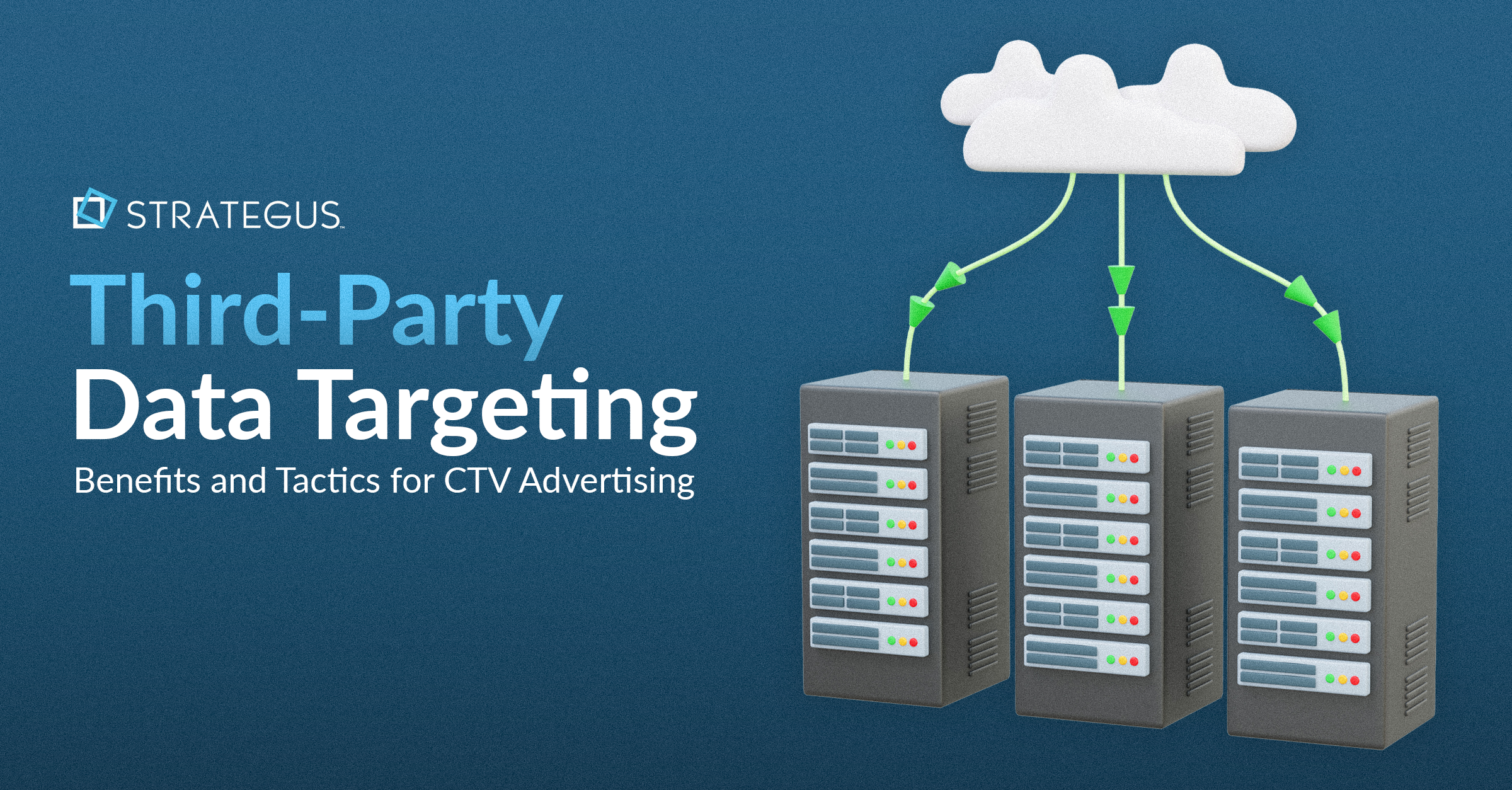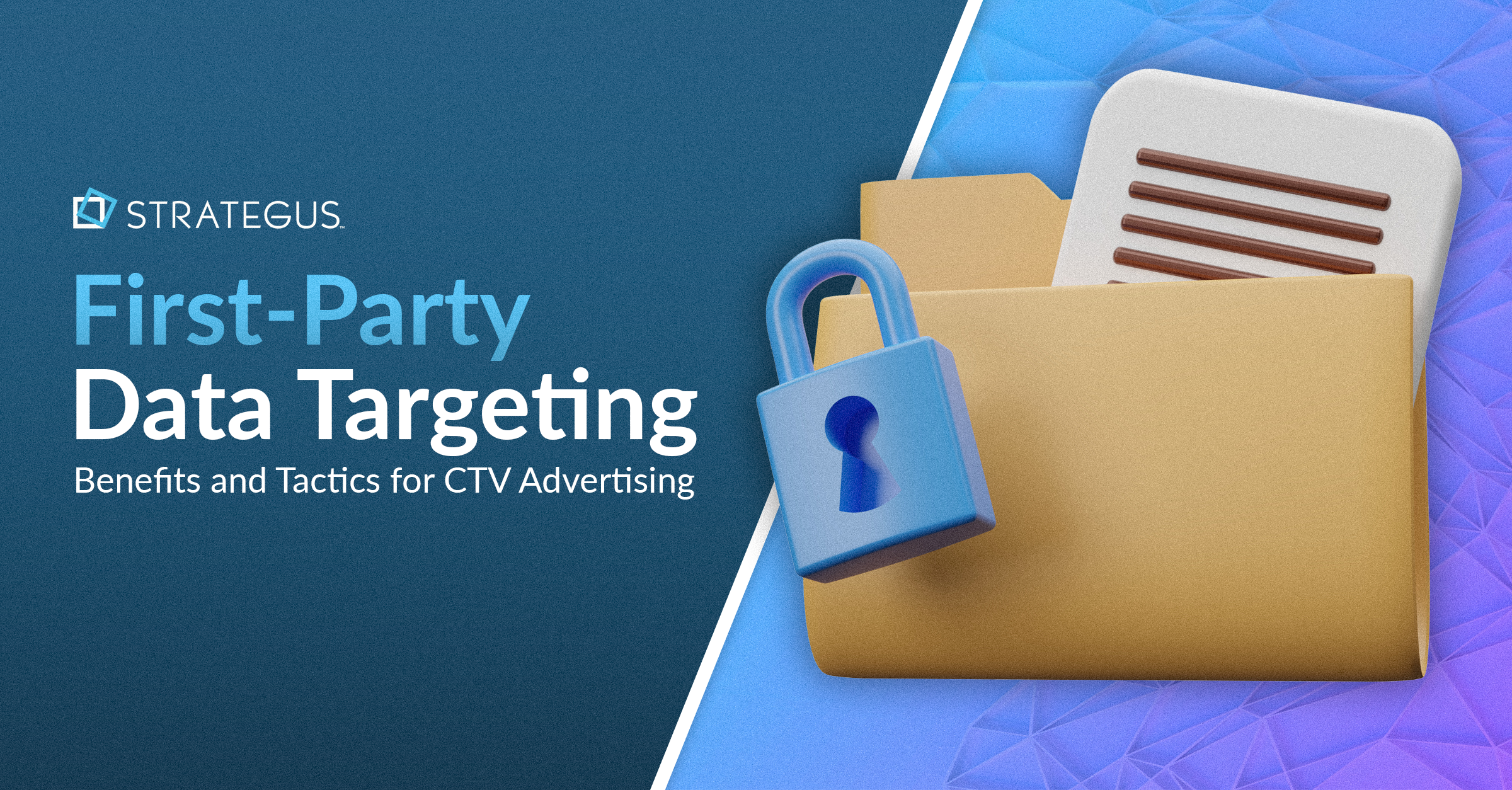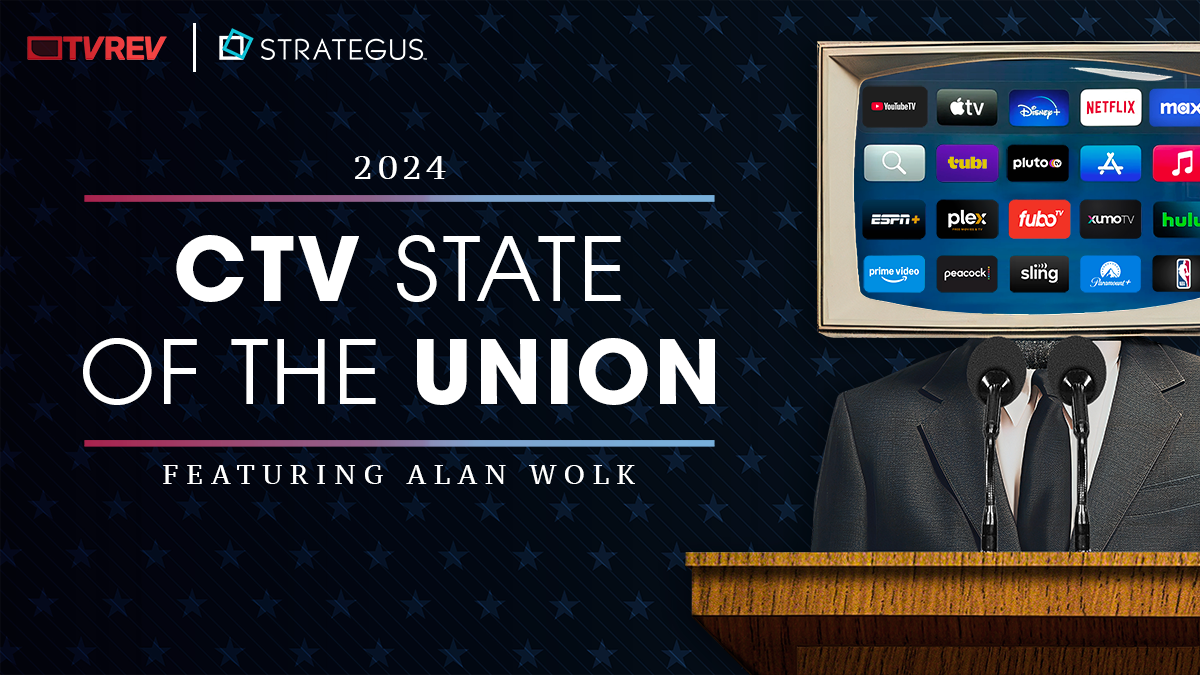- Home
- Company News
- Everything You Need to Know About the Google Antitrust Lawsuit
Everything You Need to Know About the Google Antitrust Lawsuit
 Andy Dixon
Andy Dixon
2 minutes read

Last week, the US Department of Justice filed an antitrust lawsuit against Google. Joined by eight state attorneys general, the federal government said the tech giant is running an illegal monopoly in the digital ad market, and it wants the courts to compel Google to sell its subsidiary ad businesses, breaking the company into several less hazardous pieces.
The text of the lawsuit is a sprawling 149-page complaint, complete with charts, graphs, exhaustive information, and fun new key terms for the kids to learn like “header bidding” and “enhanced dynamic allocation.” You’ve probably cleared your schedule to make time to sink your teeth into every word of juicy legalese, but thanks to this article, you don’t have to.
Here’s a simple way to think about what the Justice Department is accusing Google of doing: “It’s like you’re buying a house from a realtor who’s also representing the seller,” said Joel Cox, co-founder of Strategus, an ad tech company. “It would be pretty hard to measure whether both parties are going to leave the transaction satisfied, but you can bet the realtor is going to get their piece.”
According to the Justice Department, Google abuses its extremely advantageous market position of owning the ad space, the auction apparatus, and the tech that matches buyers with sellers. The company has access to information about every part of the countless ad transactions that happen every minute, which allegedly gives Google a huge advantage over its competitors.
According to the complaint, Google competes with the publishers who sell ad space and manipulates ad sales in its favor. The company privileges the ad space on its own properties, routing the most profitable ads to places like Search and YouTube (allegedly). On the other end of the transaction, Google knows exactly what prices sellers will let their ad space go for, so it can offer ad buyers a lower price to ensure ads get routed through its system (allegedly). That gives Google three bites of the advertising apple: one from the buyers, one from sellers, and one for handling the sale (allegedly).
To read the full article by Gizmodo, click here.

Andy Dixon is a seasoned Content Writing Specialist at Strategus, renowned for his expertise in creating engaging and impactful digital content. With over a decade of experience in content creation, Andy has honed his skills in a variety of niches, ranging from technology and marketing to education.
Strategus is a managed services connected TV(CTV) advertising agency with over 60,000+ campaigns delivered. Find out how our experts can extend your team and drive the result that matter most.
Talk to an Expert
Seeking a Custom CTV Strategy That Delivers?
What to read next

Strategus Ranked #21 on the 2025 Inc. Regionals: Rocky Mountain List of Fastest-Growing Private Companies
For the fourth year in a row, Strategusis proud to announce our recognition on the Inc. Magazine Regional list as one of the fastest-growing...
2 minutes read

Todd Porch Named to the 2025 Colorado Titan 100
Denver, CO – March 18, 2025 – Titan CEO and headline sponsor Wipfli LLP are pleased to announce Todd Porch, CEO of Strategus, as a 2025 Colorado...
3 minutes read

Strategus Announces Majority Investment from Private Equity Firm CIVC Partners
Investment will fuel continued growth of leading managed services provider of CTV advertising Todd Porch moves from President to CEO as company is...
3 minutes read

Strategus Named To Denver Business Journal Fast 50
DENVER – September 25, 2020 – The Denver Business Journal has named Strategus to its 2024 Fast 50 list of fastest-growing private companies in...
2 minutes read















